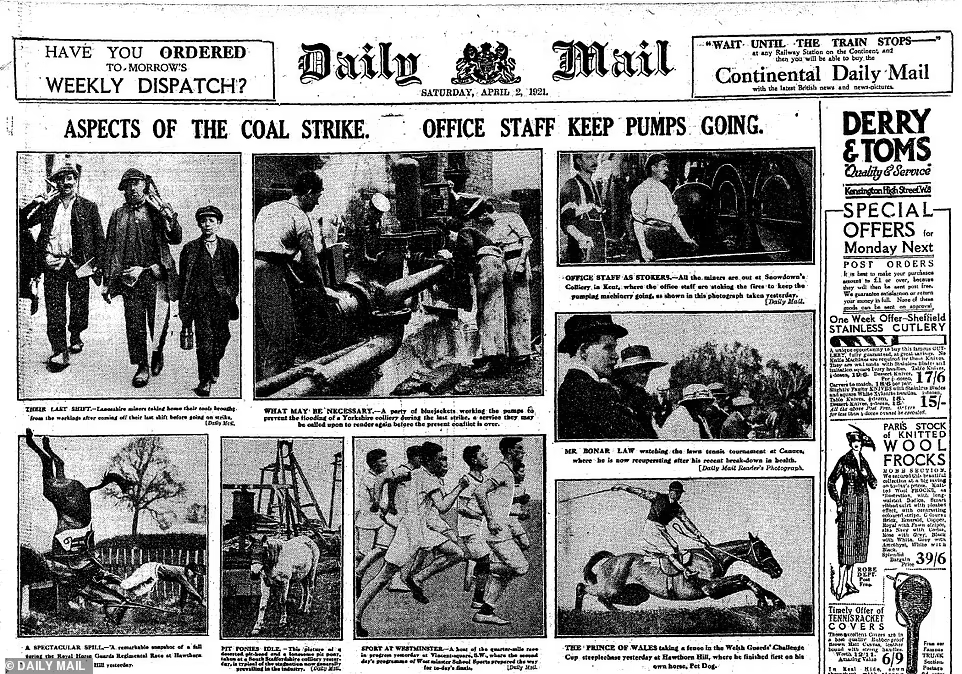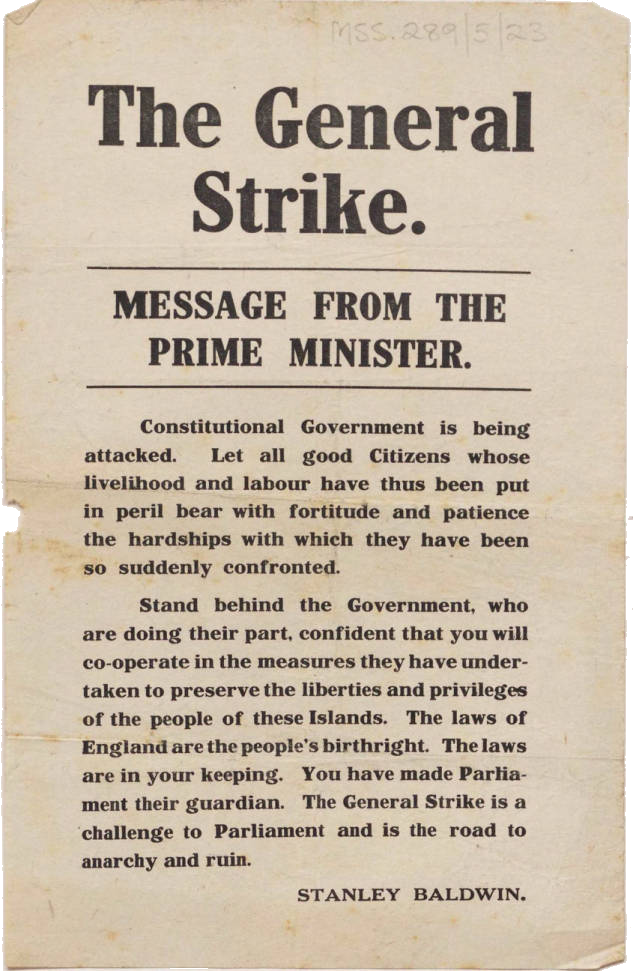The Emergency Powers Acts
Although you may find references to a single Emergency Powers Act, there were in fact two, they were preceded by the Defence of the Realm Act 1914 and several subsequent acts, they were succeeded by the Civil Contingencies Act 2004
The Defence of the Realm Act 1914
The Defence of the Realm Act 1914 is commonly known as DORA. The original act was a simple one, its purpose was to control communications, the nation's ports and subject civilians to the rule of military courts. It introduced a wide range of changes in society including prohibition, censorship, rationing, the introduction of British Summer Time and the widening of police powers. DORA was enacted just four days after the outbreak of the First World War.
The original Act was amended and extended several times over the course of the War on 28 August 1914 (The Defence of the Realm (No. 2) Act 1914), on 27 November 1914 by the Defence of the Realm (Consolidation Act), 1914, this latter repealed the first two acts, itt was further amended three times in 1915, by the Defence of the Realm (Amendment) Acts, 1915.Other DORA legislation included the Defence of the Realm (Aquisition of Land) Act 1916.
The Emergency Powers Act 1920
The exact grounds for such a proclamation by the monarch are defined as:
"...any action has been taken or is immediately threatened by any persons or body of persons of such a nature and on so extensive a scale as to be calculated, by interfering with the supply and distribution of food, water, fuel, or light, or with the means of locomotion, to deprive the community, or any substantial portion of the community, of the essentials of life..."
The Emergency Powers Act 1964
The 1920 Act
was amended by the the Emergency
Powers Act 1964, by changing the wording of Section 1(1) of
the Emergency Powers Act 1920, to extend its application. The
Act also amended the Defence (Armed Forces) Regulations 1939 which
allowed soldiers 'temporary employment in agricultural work or in
other work, being urgent work of national importance' by making this
permanent.
All of the above legislation was replaced by the Civil Contingencies Act 2004.


